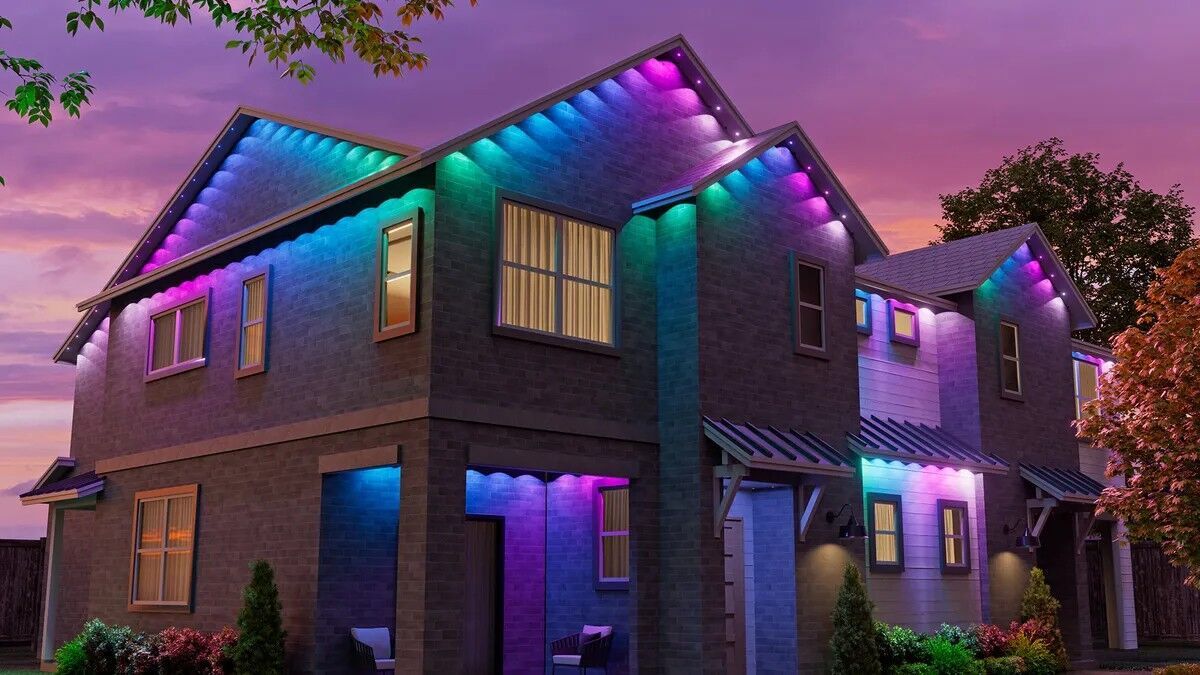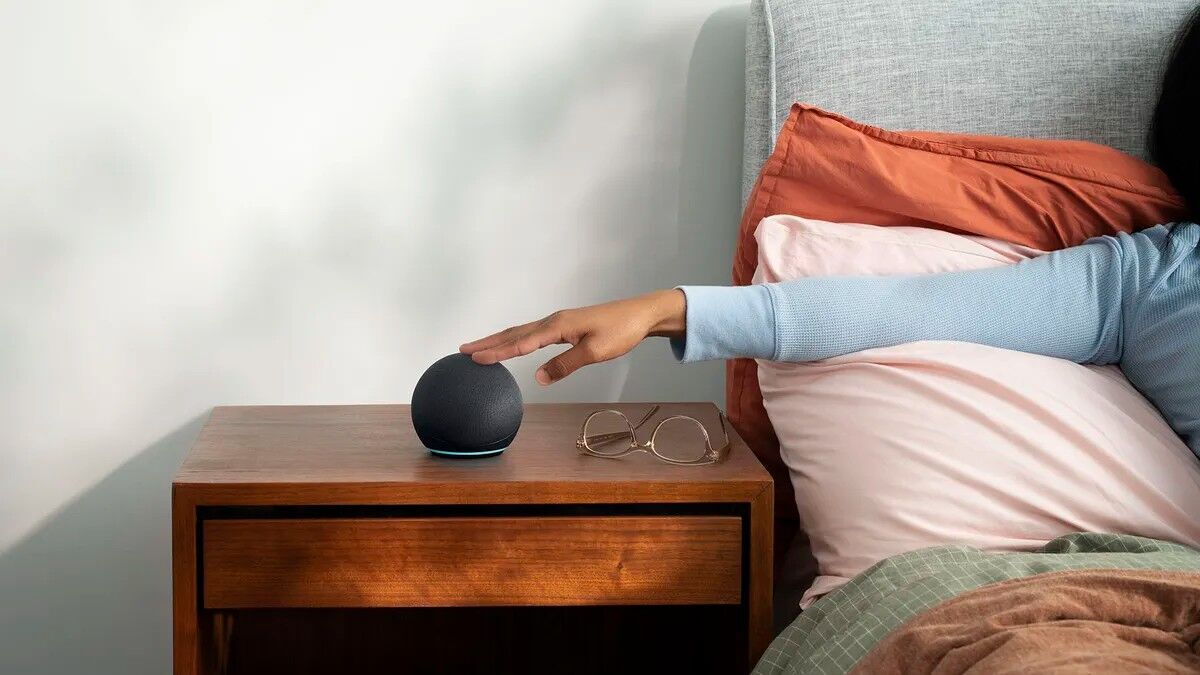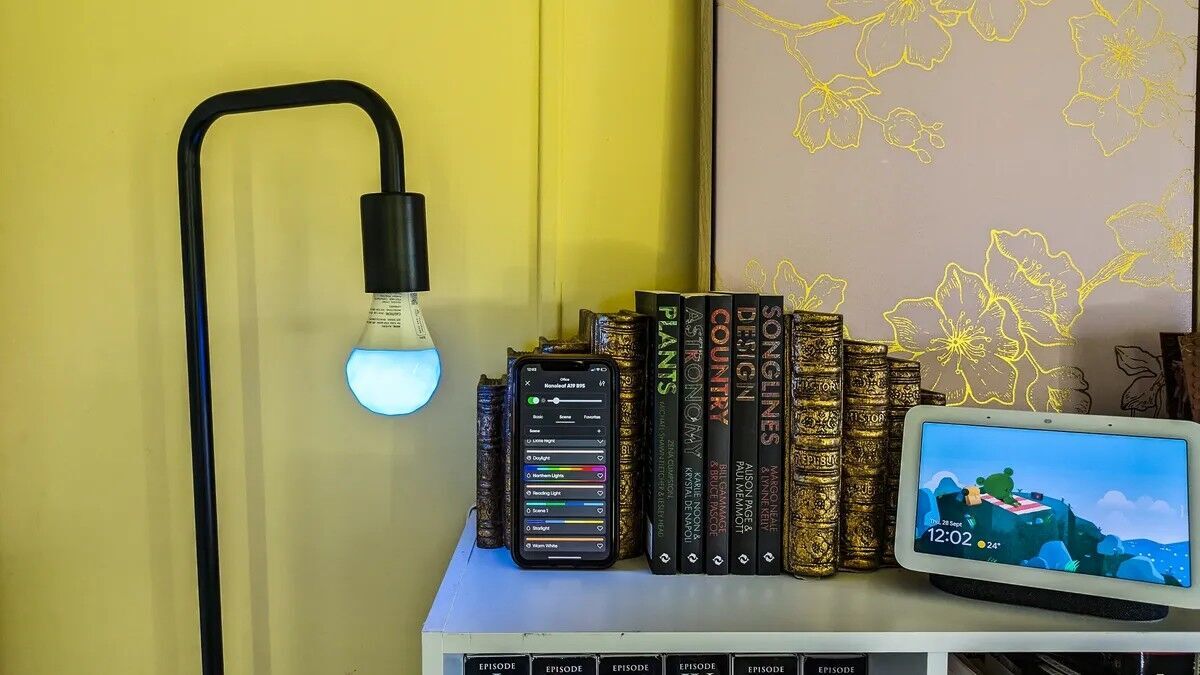Matter is Revolutionizing Your Smart Home – What You Need to Know

Since the initial launch of the Matter standard on October 4, 2022, it has rapidly become ubiquitous within the smart home industry. Spearheaded by the Connectivity Standards Alliance—a coalition of over 500 companies—the goal of Matter is to integrate all your smart home devices seamlessly in one place, without the need for multiple apps.
You can find Matter in a variety of smart home gadgets such as lights, sensors, and blinds. To help you determine which devices are Matter-compatible, guides are available. If you're new to smart home technology, understanding and incorporating Matter can bring substantial benefits by ensuring all your devices work in unison.

Why is Matter Essential for Your Smart Home?
Previously, when purchasing a smart home device, one had to use the proprietary app specified in the product manual, often leading to compatibility issues and frustration. Matter resolves this issue by enabling compatibility across multiple platforms like Apple HomeKit, Amazon Alexa, and Google Assistant—streamlining your smart home experience.

Updated Standards and Compatibility
Since Matter's debut, subsequent updates have expanded its compatibility. For instance, Matter 1.3, released in May 2024, now supports additional appliances including laundry machines and robot vacuums. Presently, Apple’s latest software updates, including iOS 18 and others, support this newest version.
A variety of smart devices running on Matter are available as of September 2024, including but not limited to:- Air purifiers- Air quality sensors- Electric Vehicle Chargers (EVC)- Energy management devices- HVAC systems- Robot vacuums- Thermostats- And many more
How Does Matter Work?
Matter operates as software, meaning no additional hardware is required. Existing smart devices from brands like Philips Hue can receive a firmware update for Matter compatibility, allowing you to manage these devices through unified apps like Apple Home.
However, this full adoption isn't universal. Older models from brands like Amazon and Google may not support Matter and will require upgrades for compatibility. Specifically, devices such as the latest Echo Dot or Echo Show models already support Matter, but older models may not.

Moreover, certain newly released products from specific brands, such as Nanoleaf’s Essentials line, will include Matter support, while some recent devices that have not updated, merely add to the list of exceptions.
Making Informed Purchases
For those considering upgrading or purchasing new smart home devices, now is a crucial time to ensure they support Matter. This reduces the risk of premature obsolescence and maximizes the efficiency and harmony of your smart home environment.
By incorporating Matter-compatible devices, you will optimize the functionality and management of your smart home technology, creating a cohesive, streamlined digital living space.
Earlier, SSP wrote that X may introduce new feature to block direct messages.



















